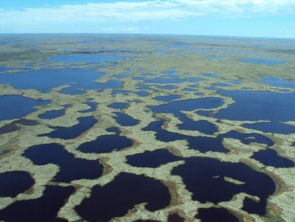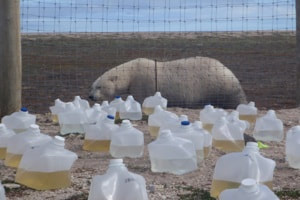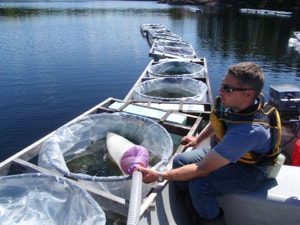Global Zooplankton ProjectThis global study will investigate within-species variations in salt tolerance to help us understand and protect freshwater ecosystems from salinization.
|
Road
|
Invasive
|
Calcium
|
Multiple
|
Community
|
Our Work
|
Maintaining water quality and healthy food webs in lakes is critical for preserving ecosystem functioning and economic well-being in Canada. For example, most of Ontario’s drinking water (> 70%) comes from surface waters, and inland fisheries contribute almost $9 billion annually to Canada’s GDP. In Southcentral Ontario, lakes provide recreational opportunities that contribute $472 million annually to the local economies (The District Municipality of Muskoka, Economic Profile, 2011). These services provided by freshwater ecosystems are essential to local economies and thousands of people who live and recreate in these areas. Despite the importance of maintaining healthy aquatic systems, human activities continue to threaten the very ecosystem services on which we depend. Many of these threats, such as nutrient loading and invasive species, have been well-studied and legislation and management efforts are underway to prevent or mitigate their effects, while other threats have not been adequately addressed.
Our research program is aimed at understanding how local environmental conditions and regional connectivity of lakes shapes community structure (e.g., local and regional biodiversity) and ecosystem function. We conduct this research in the context of current environmental change, including invasive species, aqueous calcium decline, increases in chloride concentrations associated with road salt application, nutrient loading, and climate change. |





